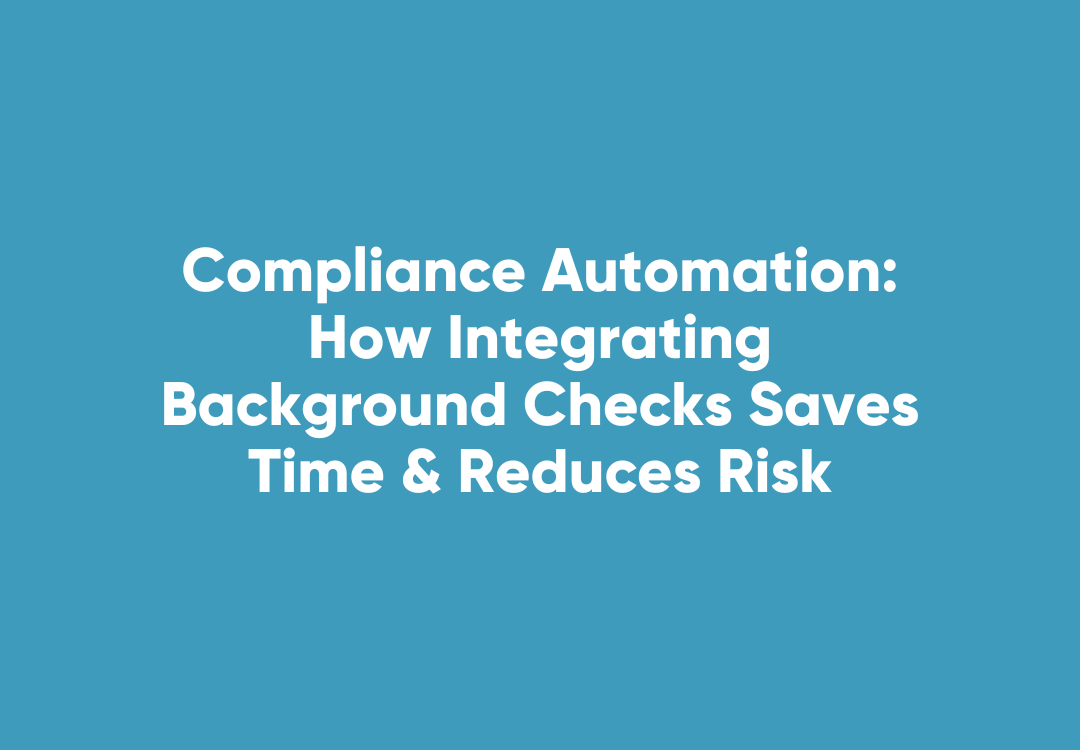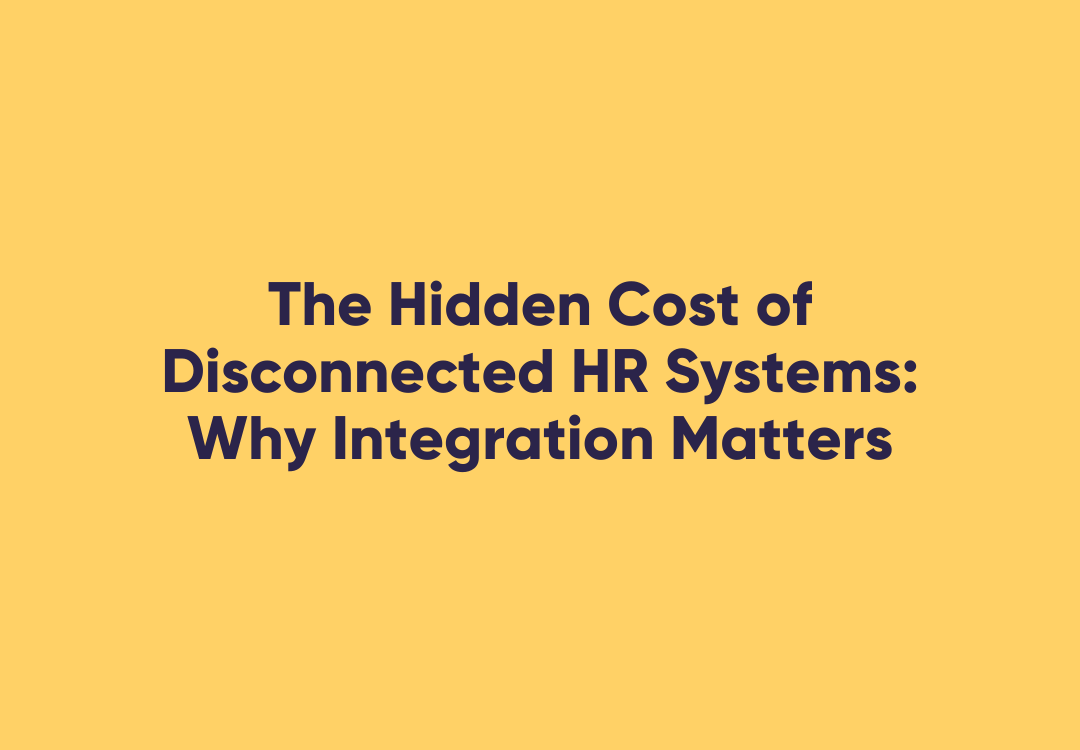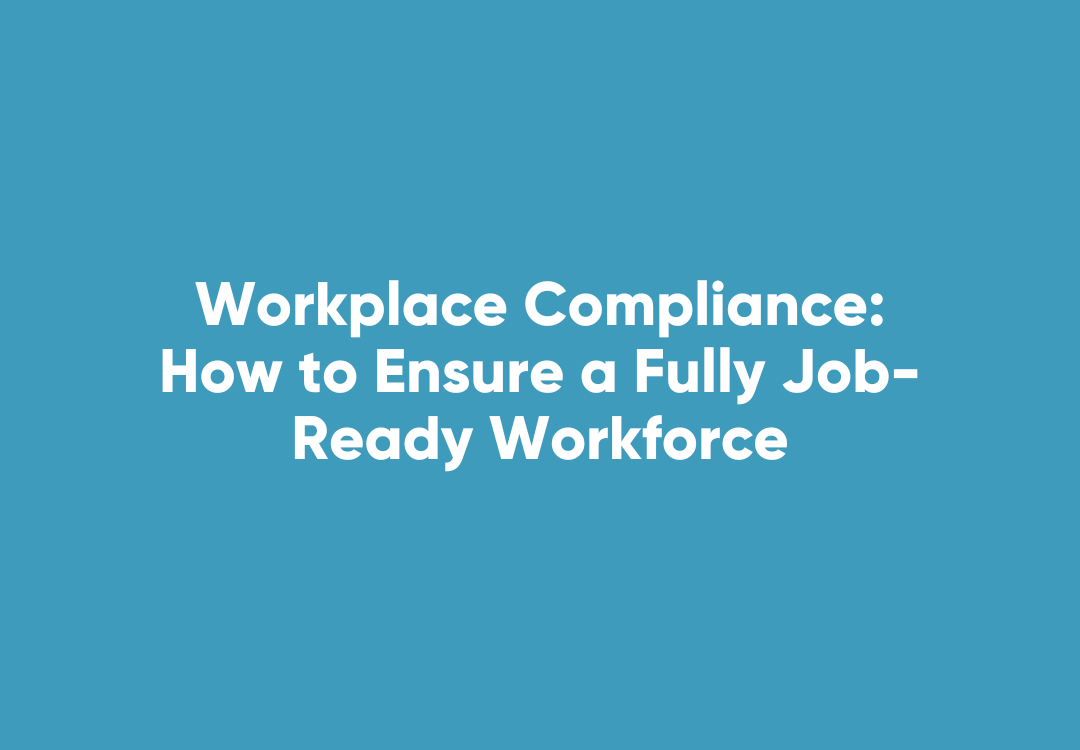Four Tips for Ensuring the Health & Safety of Young Workers
If you employ or engage young workers, they may be at a higher risk of workplace injury. A SafeWork Australia report states that 14% of the Australian workforce is made up of workers aged between 15-24 years and that over 14,000 serious workers’ compensation claims in 2018-19 were made by workers in this age group.
Sadly, Australian workplaces are not short of young worker incidents. In 2015, a 16-year-old Geelong North KFC (Mettle Pty Ltd) worker sustained third degree burns to his hands, face and arms while working in the kitchen of the store. The employer was charged with failing to provide or maintain a safe system of work, and failing to provide appropriate information, instruction training and supervision.
The year before, a 15-year-old labour hire worker was driving a forklift at a commercial farm, he was killed when the forklift he was driving tipped over, causing fatal injuries. Lilford Farms (the host employer) were prosecuted and fined $450,000 for failing to provide a safe working environment. They did not ensure that the young workers they engaged had previous farm experience, furthermore they failed to:
- Undertake hazard identification and risk assessment for the operation of the forklift;
- Adequately supervise the young worker
- Ensure a safe system of work for the use of the forklift – leaving keys in the ignition, accessible to the young worker;
- Ensure the young worker was certified to operate the forklift
- Provide any instruction to the young worker regarding the use of the forklift.
So, from a work health and safety perspective, are young workers a good investment?
There are many perks to hiring young workers – they’re likely to be open-minded and flexible, they can provide fresh information and innovation and they generally attract a lower wage. It is also a chance to train a team member in the way you like to operate, and you are also providing a valuable opportunity to somebody at the start of their career – something we can all feel good about.
When employing young workers, it is important to recognise that the young worker group has higher rates of work-related injuries than older workers. Young workers lack workplace experience, may have limited life experiences and have differing levels of maturity. This combined with the lack of effective communication, induction, training, supervision and mentoring are the safety risk factors for the young worker group.
Did you know that a young worker's brain continues to develop well into early adulthood?
Whilst young workers are capable of making good decisions and knowing right from wrong, their developing brain means that they are more likely to act on impulse and engage in dangerous or risky behaviour. They are less likely to think before they act, pause to consider the consequences of their actions and modify their dangerous or inappropriate behaviour.
There is not much you can do to speed the development process of the young workers’ brain, however there’s a lot you can do to ensure their health and safety at work.
Spending time on providing a comprehensive induction and training program, task supervision, and regular engagement and consultation with your young worker team (and your team as a whole) is an irreplaceable investment in the long term success of your business.
As an employer of young workers, you have a specific duty to provide information, instruction training or supervision (so far as is reasonably practicable) to your young workers. To meet your duty of care and to ensure the health and safety of your young workers; consider the following tips:
- Induction – Provide your young workers with a comprehensive induction program. The induction should consist of health and safety policies and procedures, information on hazard and incident reporting, as well as information on workplace hazards and fire and emergency response.
- On the job training – Information and instruction does not stop after induction. Your young workers should be provided with extensive training to ensure they can undertake tasks safely and without risk to health. A process to verify a young worker’s competency at performing tasks safely is crucial.
- Supervision – determine supervision requirements for tasks your young workers undertake. The need and extent of supervision provided to your workers should be determine based on the risks associated with each task. Supervisors of young workers should always be available to answer questions and provide advice and immediately correct any unsafe work habits.
- Consultation – consultation with workers is a duty of PCBUs/employers under health and safety law. Develop your workplace culture so that young workers are encouraged to speak up about safety. Consult with young workers when identifying and controlling workplace risks. Inform them on how to report unsafe working conditions and encourage them to ask questions about safety if they are unsure.












